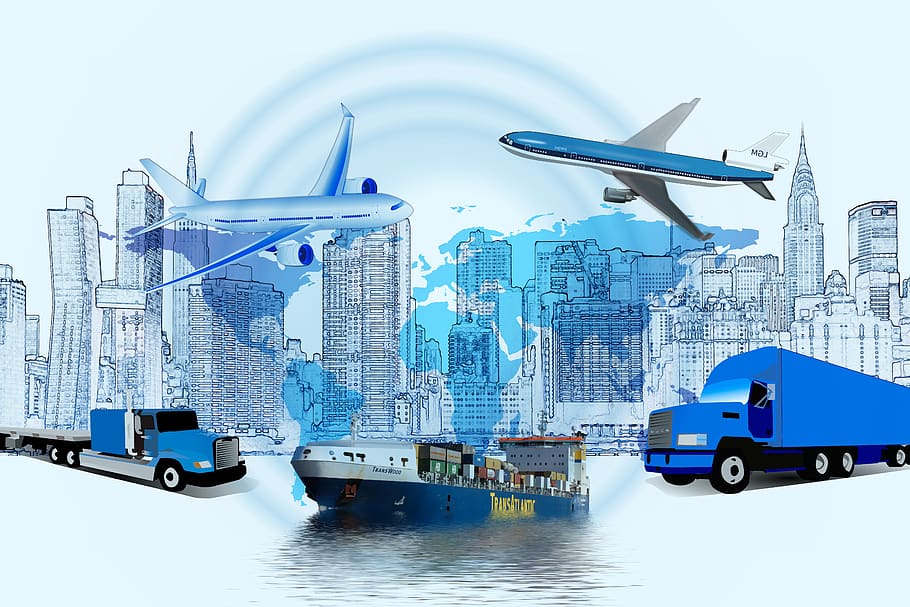Logistics Services
Logistics services play a crucial role in the supply chain, ensuring that goods and services are efficiently transported from the point of origin to the final destination. Whether it’s raw materials, finished products, or even information, logistics services are the backbone of commerce and industry.
Key Components of Logistics Services
Transportation
- Road Transport: Trucks and vans are commonly used for short and medium distances.
- Rail Transport: Ideal for large quantities of goods over long distances.
- Air Transport: The fastest mode, suitable for urgent and high-value items.
- Sea Transport: Cost-effective for bulk goods and international shipping.
Warehousing
- Storage: Safe and secure storage of goods until they are needed.
- Inventory Management: Keeping track of stock levels, orders, and deliveries.
- Order Fulfillment: Picking, packing, and shipping orders to customers.
Freight Forwarding
- Customs Clearance: Handling the documentation and procedures required to move goods across borders.
- Consolidation: Combining smaller shipments into a single larger shipment to reduce costs.
- Tracking and Tracing: Monitoring the movement of goods to ensure timely delivery.
Distribution
- Last-Mile Delivery: The final step in the delivery process, bringing goods to the end consumer.
- Retail Distribution: Supplying products to retail stores and outlets.
- Reverse Logistics: Managing returns and recycling of products.
Benefits of Effective Logistics Services
- Cost Efficiency: Streamlined logistics can reduce transportation and storage costs.
- Speed and Reliability: Ensures timely delivery of goods, enhancing customer satisfaction.
- Scalability: Ability to handle varying volumes of goods, from small businesses to large enterprises.
- Risk Management: Mitigating risks associated with transportation, such as damage, theft, and delays.
Challenges in Logistics Services
- Complex Regulations: Navigating different countries’ customs and import/export regulations.
- Technological Integration: Implementing and maintaining sophisticated logistics management systems.
- Environmental Concerns: Reducing the carbon footprint of transportation and warehousing activities.
- Supply Chain Disruptions: Managing unforeseen events like natural disasters, strikes, or pandemics.
Conclusion
Logistics services are an indispensable part of modern business operations. By focusing on efficient transportation, warehousing, freight forwarding, and distribution, companies can improve their supply chain performance and meet customer demands more effectively. As the industry continues to evolve, embracing new technologies and sustainable practices will be key to maintaining a competitive edge.





